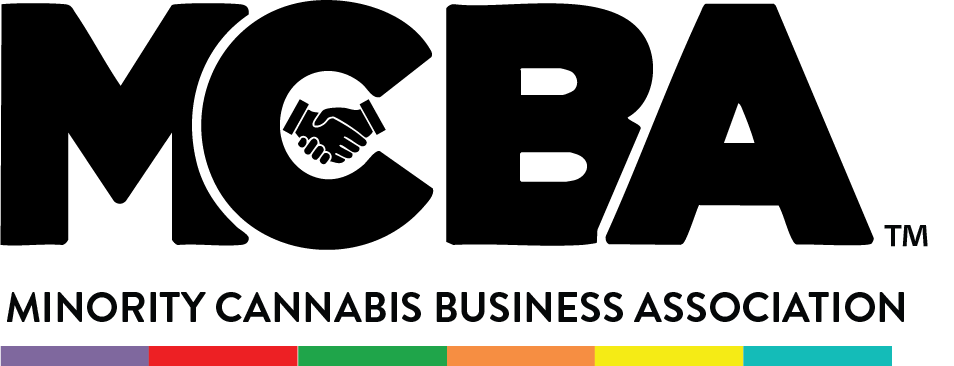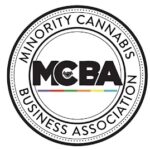
WASHINGTON D.C. – Minority Cannabis Business Association (MCBA) is pleased to announce its continued support for the recently re-introduced Secure and Fair Enforcement (SAFE) Banking Act. MCBA has been a proponent of the bill since its initial introduction and has actively worked to improve the legislation by providing suggestions and garnering support from allies on Capitol Hill and among industry stakeholders.
Kaliko Castille, President of MCBA, expressed gratitude to the bill’s sponsors, “We thank Senator Merkley (D-OR) and Senator Daines (R-MT), as well as Rep. Joyce (R-OH) and Rep. Blumenauer (D-OR) for their tireless efforts in re-introducing the SAFE Banking Act. MCBA has been working diligently to improve this bill over the last few years, and we are grateful that our suggestions have been incorporated into the latest text. We believe the final bill can be a crucial first step in ensuring a more equitable cannabis industry and look forward to partnering with Republican and Democratic offices to address the public safety issues at hand by passing this bi-partisan bill that is supported by small businesses around the country.”
MCBA applauds the inclusion of Community Development Financial Institutions (CDFIs) in the latest version of the bill. This important change, which MCBA was the first organization to offer up years ago, will help make the cannabis industry more equitable by engaging financial institutions that have a history and mandate of working with minority communities.
Lastly, with many minority entrepreneurs getting their start as cannabis industry employees, we are pleased to see protections for cannabis industry workers who need access to federally backed mortgage loans.
While acknowledging that the SAFE Banking Act alone will not ensure a completely equitable cannabis industry, MCBA believes that its passage will lead to improved access to depository services, making it easier for minority entrepreneurs to conduct business without fear of having their bank accounts shut down or being subjected to exorbitant fees for basic banking services.




